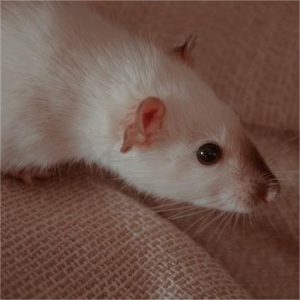Featured Products
Explore Products- In-Stock Tumor Cell Lines
- Human Orbital Fibroblasts
- Human Microglia
- Human Pulmonary Alveolar Epithelial Cells
- Human Colonic Fibroblasts
- Human Type II Alveolar Epithelial Cells
- Human Valvular Interstitial Cells
- Human Thyroid Epithelial Cells
- C57BL/6 Mouse Dermal Fibroblasts
- Human Alveolar Macrophages
- Human Dermal Fibroblasts, Adult
- Human Lung Fibroblasts, Adult
- Human Retinal Muller Cells
- Human Articular Chondrocytes
- Human Retinal Pigment Epithelial Cells
- Human Pancreatic Islets of Langerhans Cells
- Human Kidney Podocyte Cells
- Human Renal Proximal Tubule Cells



 Rat tracheal epithelial cells, derived from the tracheal tissue of laboratory Sprague-Dawley rats, exhibit versatile differentiation capabilities under specific in vitro conditions. These cells can develop into mucociliary, mucous, or squamous phenotypes, with the expression of a mucociliary phenotype being most faithful to the in vivo tracheal epithelium morphology. Achieving this mucociliary phenotype necessitates the presence of retinoic acid (RA), a collagen gel substratum, and an air-liquid interface at the cellular level. In contrast, omitting RA from the culture media leads to stratified squamous cells with a cornified apical layer. This squamous phenotype is marked by the loss of transglutaminase type II and keratin 18, accompanied by the expression of squamous markers transglutaminase type I and keratin 13.
Rat tracheal epithelial cells, derived from the tracheal tissue of laboratory Sprague-Dawley rats, exhibit versatile differentiation capabilities under specific in vitro conditions. These cells can develop into mucociliary, mucous, or squamous phenotypes, with the expression of a mucociliary phenotype being most faithful to the in vivo tracheal epithelium morphology. Achieving this mucociliary phenotype necessitates the presence of retinoic acid (RA), a collagen gel substratum, and an air-liquid interface at the cellular level. In contrast, omitting RA from the culture media leads to stratified squamous cells with a cornified apical layer. This squamous phenotype is marked by the loss of transglutaminase type II and keratin 18, accompanied by the expression of squamous markers transglutaminase type I and keratin 13.